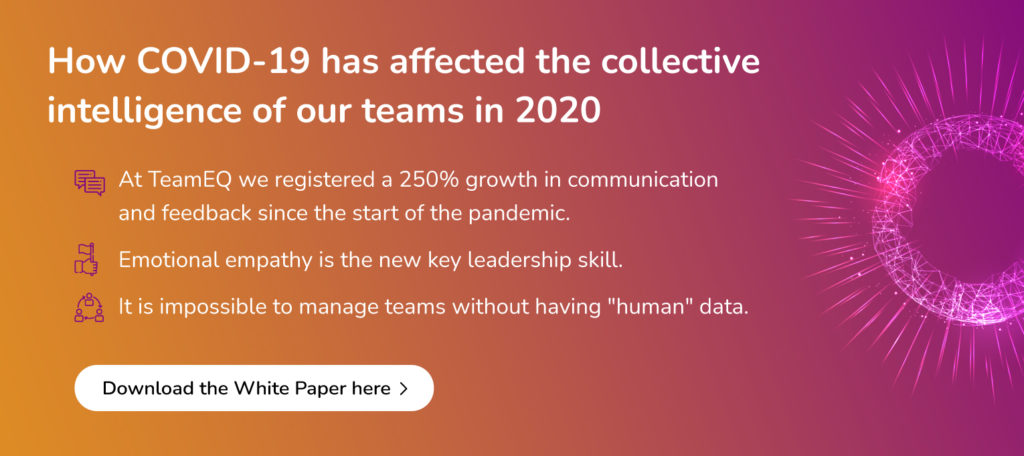What’s the secret to successful teams? Boosting Emotional Intelligence to avoid conflict at work
One of the most common questions that HR and leadership consultants face is: “How can we help our teams avoid the inevitable conflicts that arise in today’s high-pressure working environments?” We’ve all experienced the frustration that comes with feelings of impotence and negativity caused by poor communication and a lack of shared goals. But sometimes, the solution is easier than we think.
Here’s a three-step guide to boosting our emotional intelligence at work:
If you want to break the cycle and have fewer conflicts, the first step is to become more aware of your feelings and reactions to pressure and stress. The second step is to consciously manage your emotions, and the third is to start seeing people as people, not as threats.
Developing self-awareness, increasing your emotional self-control, and recharging relationships at work takes commitment and practice. Below each step you will find practical tips to help you develop them.
Step One: Develop self-awareness.
We recommend you start by recognizing what causes you to feel upset, scared, or threatened and your unconscious reactions in those situations. The more you know about your triggers, the better you can control your emotions.
Tip: Practice mindfulness at work. Introducing simple habits in your work day such as deep breathing, relaxed walking and conscious listening will boost your self-awareness and well-being.
Step Two: Practice emotional self-control.
When we are aware of our emotional triggers, we are in a better position to control our reactions to them. We can learn to manage negative feelings and start consciously acting (instead of reacting) towards a resolution.
Tip: Schedule time for self-reflection. Self-reflection helps tremendously with self-awareness and self-control. We recommend you start by reserving 20 minutes at the end of each week to reflect. Questions such as what I am proud of? What would I do different next time? When did I feel most comfortable? When did I experienced anxiety? Etc. will help you to better understand your triggers, strengths, and areas of opportunity.
Step 3: Think collectively.
To create a more collaborative environment, we need to start thinking “How can I help?” instead of “What can I get?”. This shift results in less stress and a rewarding feeling of personal contribution.
Tip: Practice empathy. Some questions that will help you understand others’ points of view are:
- What is my colleague thinking and feeling about the situation?
- How is she different from me? How are we the same?
- What can I do to make him feel better about this situation and about me?
Self-awareness, emotional self-control and empathy are key drivers to a healthier, more productive and collaborative work experience.
We recommend you practice them daily. You will be surprised how your new habits impact also on the people around you. At TeamEQ, that’s what we call collective Intelligence!
Discover more about how TeamEQ can help to boost Emotional Intelligence by subscribing to our newsletter.
Ph: Pexels




